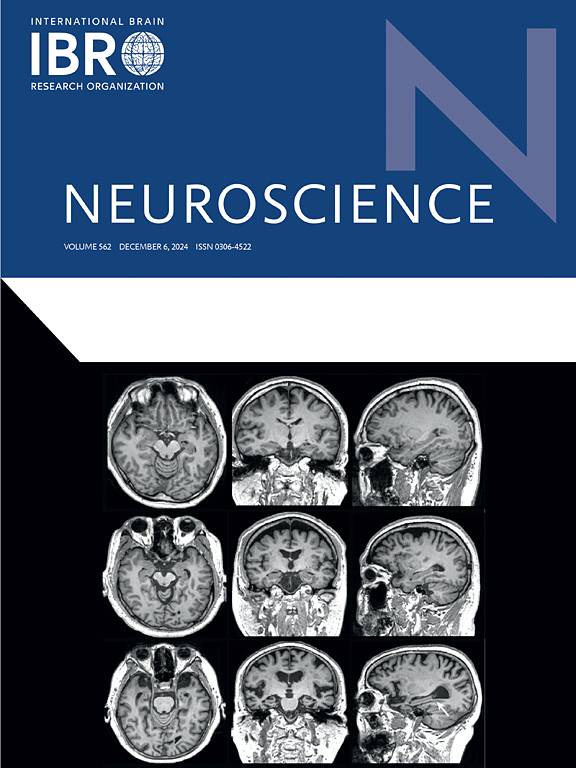Evidence from a Mendelian randomization study: Delirium’s noncausal role in dementia onset
IF 2.9
3区 医学
Q2 NEUROSCIENCES
引用次数: 0
Abstract
Background
Previous observational studies have suggested a possible association between dementia and delirium. However, these findings might be influenced by confounding variables. Thus, our study aimed to investigate the causal relationship between dementia and delirium using a bidirectional Mendelian randomization (MR) analysis.
Methods
In our investigation, bidirectional MR analysis was conducted by summary statistics from genome–wide association studies (GWAS). This enabled us to evaluate the causal impact of delirium and different types of dementia, such as Alzheimer’s dementia (AD), vascular dementia (VaD) and Lewy body dementia (LD).
Results
According to MR analysis, there was a significant positive correlation between delirium risk and AD (odds ratio [OR] = 1.363; 95 % confidence interval [CI], 1.223–1.519; p = 2.140E-08) and LD (OR = 1.403; 95 % CI, 1.151–1.711; p = 8.226E-04). However, the analysis also revealed that there was no causal relationship between VaD (OR = 1.044; 95 % CI = 1.136–1.027; p = 0.316) and the risk of delirium. Additionally, our study does not provide evidence to support a causal correlation between delirium and the risk of developing any form of dementia.
Conclusion
The results of the MR analysis suggest a potential causal link between dementia and an increased risk of delirium. Nevertheless, it should be emphasized that the existing evidence does not provide support for a causal connection in the reverse direction, implying that delirium may not play a causative role in the onset of dementia.

求助全文
约1分钟内获得全文
求助全文
来源期刊

Neuroscience
医学-神经科学
CiteScore
6.20
自引率
0.00%
发文量
394
审稿时长
52 days
期刊介绍:
Neuroscience publishes papers describing the results of original research on any aspect of the scientific study of the nervous system. Any paper, however short, will be considered for publication provided that it reports significant, new and carefully confirmed findings with full experimental details.
 求助内容:
求助内容: 应助结果提醒方式:
应助结果提醒方式:


